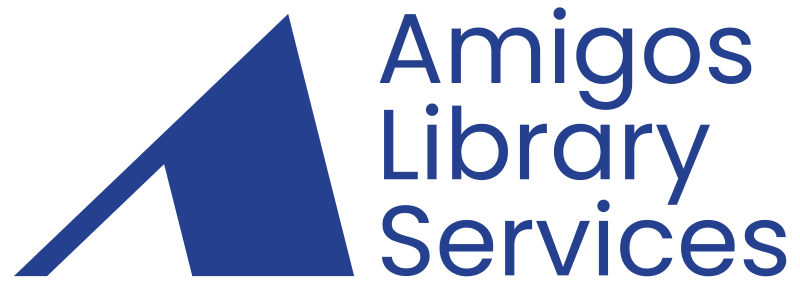Many libraries expect their staff to continually seek out learning opportunities. The Amigos micro-credential program provides staff at member libraries that opportunity. A micro-credential is a short, competency-based recognition that allows a library staff member to demonstrate mastery in a particular area and to record that mastery on a resume or CV.
Micro-Credentialing at Amigos
Micro-credentialing at Amigos lets library staff follow a non-traditional learning path to gain skill sets in a specific technical area by taking a series of workshops, completing homework and a capstone project. Attendees are then granted a certificate. The capstone project must be completed within three months of the last course in the series. Library staff who want to pursue the certificate for subjects in the micro-credentialing program must register separately for each course in the series as well as the capstone project.
Current micro-credentialing programs at Amigos
- Metadata Principles and Practices Micro-Credentialing Series
In this 4-course micro-credential series, attendees will learn the purposes and functions of metadata, understand how XML is used to express a variety of metadata standards, explore various metadata standards currently in use, learn about customization and interoperability of metadata, and explore the importance of relationships in metadata. Each course requires a written assignment. To complete the micro-credential series and earn the certificate, you must complete the following courses and a capstone project.- Metadata Principles and Practices: Metadata Basics
- Metadata Principles and Practices: Metadata Customization, Exchange, Transformation and Migration
- Metadata Principles and Practices: Metadata Relationships
- Metadata Principles and Practices: Metadata Standards and Types
- Metadata Principles and Practices: Micro-Credentialing & Capstone Project
This is a written assignment that involves assigning metadata to a set of digital objects and encoding the metadata in at least two different standards. To earn the certificate, registration is required for this additional session, along with payment of a $70 fee.
- Metadata Management Tools Micro-Credentialing Series
Do you work with large amounts of metadata? Do you wish you had ways to work with this metadata more efficiently? This 3-course micro-credential series will introduce you to MarcEdit and OpenRefine, two powerful tools for manipulating data, plus the Python programming language. Attendees will learn how these tools can help them perform metadata magic in a fraction of the time. Each course requires a written assignment.- Metadata Management Tools: Introduction to MarcEdit
- Metadata Management Tools: Introduction to OpenRefine
- Metadata Management Tools: Programming with Python and PyMARC
- Metadata Management Tools: Micro-Credentialing & Capstone Project
This project involves editing batches of metadata using the tools covered in the course. To earn the certificate, registration is required for this additional session, along with payment of a $70 fee.
- Electronic Resource Management Micro-Credentialing Series
Electronic resources make up a large portion of today's library collections, and electronic resources management (ERM) is an important skillset for library staff members to have. Through this series of courses, attendees will learn how to make these resources available to library patrons. Each course requires a written assignment. To complete the micro-credential series and earn the certificate, you must complete the following courses and a capstone project.- Electronic Resource Management: Acquisition and Implementation
- Electronic Resource Management: Maintenance and Troubleshooting
- Electronic Resource Management: Assessment and Preservation
- Electronic Resource Management: Micro-Credentialing & Capstone Project
This project involves completing a written assignment responding to hypothetical scenarios related to electronic resources work. To earn the certificate, registration is required for this additional session, along with payment of a $70 fee.
For questions about the Micro-Credentialing program, please contact us at learning@amigos.org.
